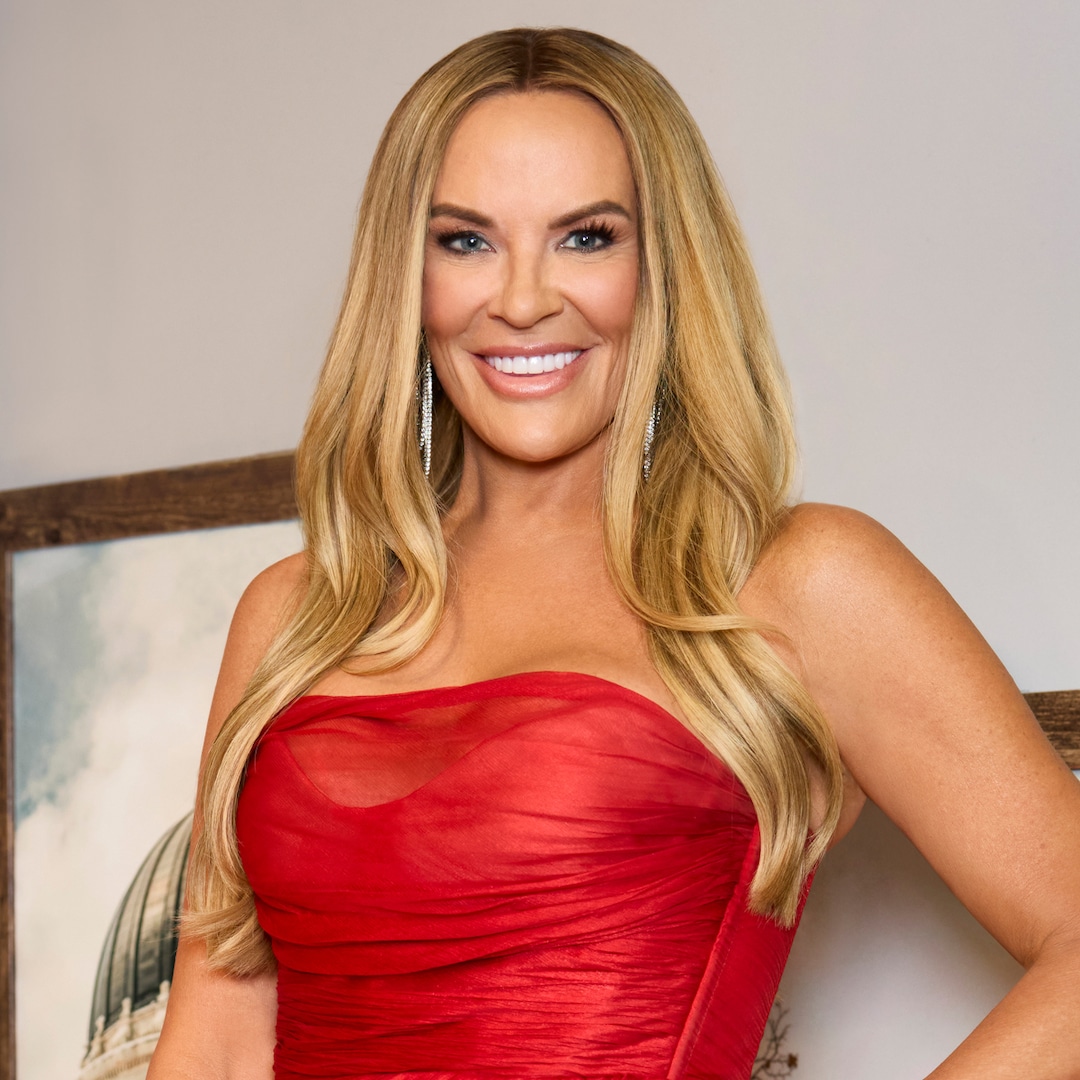Heather Gay Responds to Weight Loss Criticism: Did She Really Change?
In recent months, Heather Gay, a beloved star of The Real Housewives of Salt Lake City (RHOSLC), has found herself in the crosshairs of criticism following her notable weight loss journey. As a prominent figure in reality television, Heather’s transformation has sparked discussions not only about her physical appearance but also about how such changes influence personality and public perception. In a candid rebuttal, Heather addresses accusations of becoming “mean” post-weight loss, delving into the complexities of self-image and the expectations placed upon reality stars.
The Backstory: Heather’s Weight Loss Journey
Heather Gay’s journey began as a quest for better health and self-acceptance. Like many, she sought to change her body for personal reasons, aiming to feel more empowered and confident. The process, however, was not just about shedding pounds; it involved a deep emotional transformation, reshaping how she saw herself in the mirror and how she believed others perceived her.
As she documented her journey on RHOSLC, viewers witnessed her ups and downs. The show often highlights the glamorous and often tumultuous lives of its stars, and Heather’s candidness about her struggles resonated with many. But as her body changed, so did the critiques. Some fans began to accuse her of adopting a more aggressive demeanor, leading to the question: did Heather really change, or is it simply a reflection of the pressures of reality TV?
Facing Criticism: Heather’s Response
In response to the criticism, Heather Gay has been forthright about her feelings. She acknowledges that losing weight has brought about various changes in her life, but she emphasizes that these changes do not equate to a loss of kindness or authenticity. According to Heather, the accusations of her becoming “mean” are rooted in misunderstandings of her personality and the challenges of navigating a reality show environment.
“I’ve always been a passionate person,” Heather stated in a recent interview. “When you’re on a show like this, emotions run high, and sometimes that passion can be misconstrued as meanness.” This statement sheds light on the heightened emotions that accompany reality television, where every interaction is magnified and scrutinized by an eager audience.
The Complexity of Self-Image in Reality TV
One of the key themes in Heather’s response is the complex relationship between self-image and public perception. Weight loss, while often celebrated, can trigger unexpected responses from both the individual and the audience. For many, shedding pounds is a significant achievement; however, it can also lead to a reevaluation of how one fits into their social circles, including friendships and family dynamics.
- Public Expectations: Reality TV stars are often expected to maintain a certain persona. When Heather transformed physically, some viewers anticipated a transformation in her personality as well.
- Personal Growth vs. Public Image: Heather argues that personal growth should not necessarily lead to a change in one’s core values or kindness. Instead, it can amplify one’s existing traits.
- Social Dynamics: As people change, their relationships can shift. Heather’s weight loss may have altered how others perceive her, affecting her interactions on and off the screen.
Understanding the Audience’s Perspective
It’s essential to recognize that audiences often project their own feelings and insecurities onto reality stars. Viewers may see Heather’s weight loss as an opportunity to critique her behavior, interpreting her newfound confidence as arrogance or meanness. This shift in perception can be jarring, not only for the audience but for the individual themselves.
Heather’s experience highlights a crucial aspect of reality television: the dichotomy between the persona that is constructed for the screen and the individual behind it. Fans often forget that reality TV is not a documentary but rather a curated experience, where editing and production choices can significantly influence how a character is perceived.
The Importance of Self-Compassion
Heather Gay’s journey serves as a reminder of the importance of self-compassion in the face of public scrutiny. She encourages others to embrace their journeys and recognize that everyone copes with change differently. Her message resonates with many who have faced similar criticisms after personal transformations.
“It’s okay to evolve,” Heather emphasizes. “What’s important is that you stay true to yourself and your values.” This perspective invites others to reflect on their journeys without fear of judgment, fostering an environment of support rather than criticism.
Moving Forward: Heather’s Future Plans
Looking ahead, Heather Gay plans to continue sharing her journey with her fans. She hopes to use her platform to inspire others who may be struggling with body image issues or the pressures of public life. By openly discussing her experiences, Heather aims to create a dialogue about the realities of self-improvement and the importance of kindness, both to oneself and to others.
Furthermore, she intends to advocate for mental health awareness, linking the conversation about weight loss with broader themes of self-acceptance and emotional well-being. Heather believes that by addressing these issues, she can help dismantle the stigma surrounding body image and personal transformation.
Conclusion: Embracing Change with Kindness
Heather Gay’s response to weight loss criticism underscores the complexity of personal transformation in the public eye. As she navigates her journey, she challenges the notion that change must lead to negativity or unkindness. Instead, her story is one of resilience, authenticity, and the enduring importance of self-compassion.
In a world where public perception can often overshadow personal experiences, Heather reminds us all that embracing change while remaining true to oneself is not only possible but essential. As she continues to evolve, her journey serves as a beacon of hope and encouragement for those facing similar challenges.
See more The Buzz Live

